News
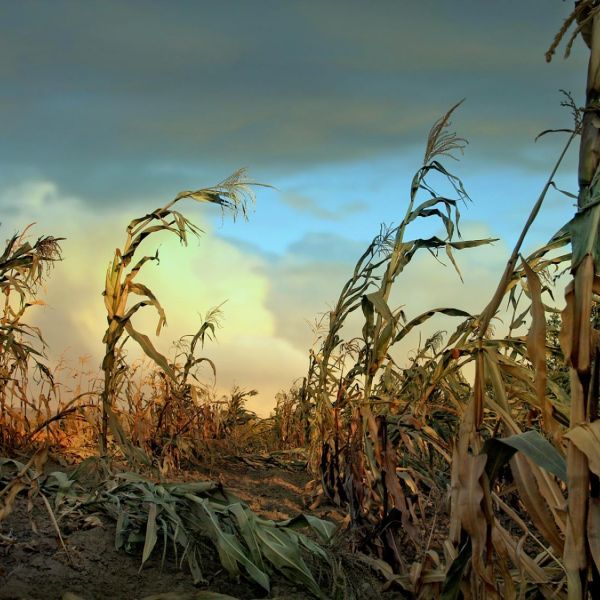
Jul 21, 2025
Simulating the unthinkable: Models show nuclear winter food production plunge
A team led by researchers at Penn State have modeled precisely how various nuclear winter scenarios could impact global production of corn — the most widely planted grain crop in the world.
Full Article
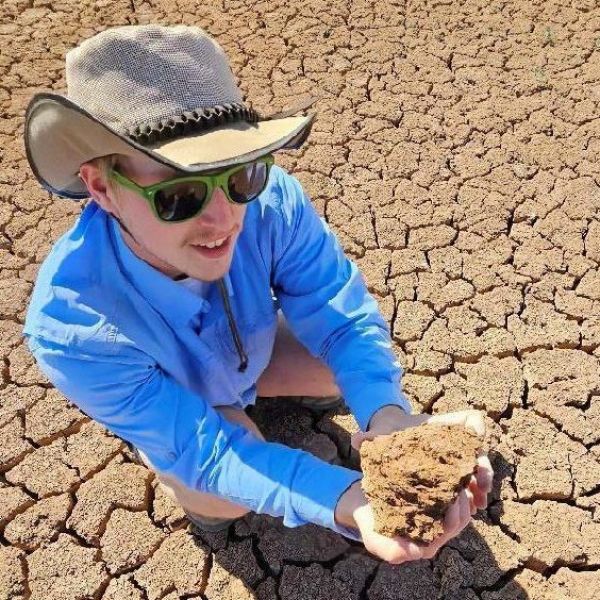
Jul 17, 2025
College of Ag Sciences grant program supports student learning, experiences
A grant program in Penn State’s College of Agricultural Sciences aims to enhance student learning by empowering faculty and students to design immersive, hands-on projects that bridge classroom knowledge with real-world partnerships.
Full Article
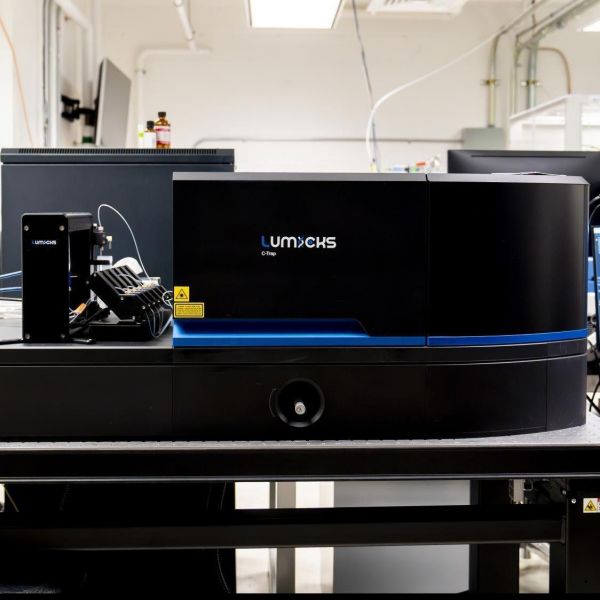
Jul 16, 2025
Optical tweezers help elevate single-molecule research at Penn State
The instrument, supported by a new NIH infrastructure grant, uses laser light to ‘tweeze’ tiny objects like DNA molecules and proteins.
Full Article
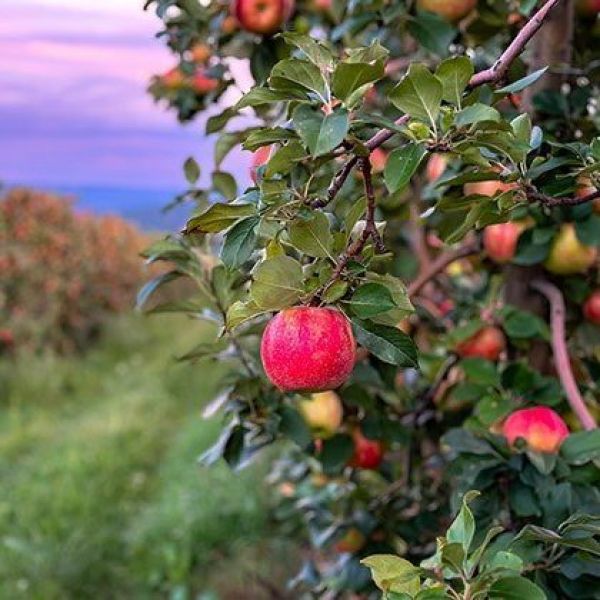
Jul 16, 2025
What if Pennsylvania apples disappeared?
Penn State’s fruit tree task force helps farmers protect both their harvest and their future. From hands-on support to innovative blossom-thinning techniques, the work of Penn State researchers and educators is vital for the success of agriculture across the commonwealth.
Full Article
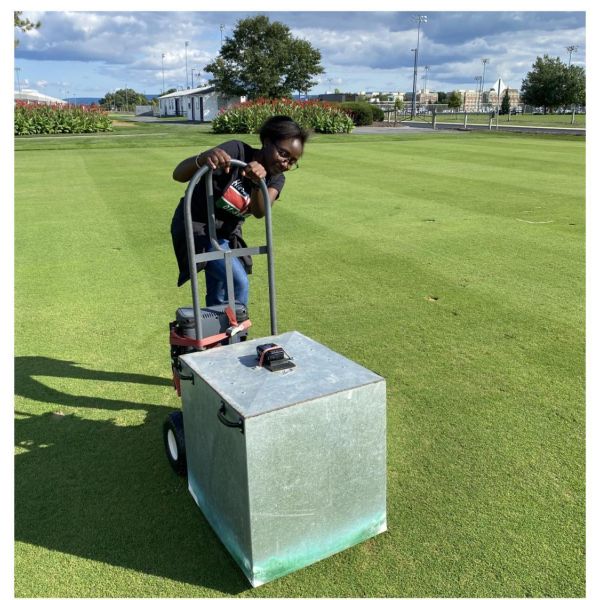
Jul 08, 2025
Fungicides intended to suppress turfgrass diseases may damage fairways
Golf course managers have much more insight into which fungicides to use to suppress turfgrass diseases, such as the common and costly dollar spot disease, without damaging the grass on their fairways, thanks to a new study by researchers at Penn State.
Full Article
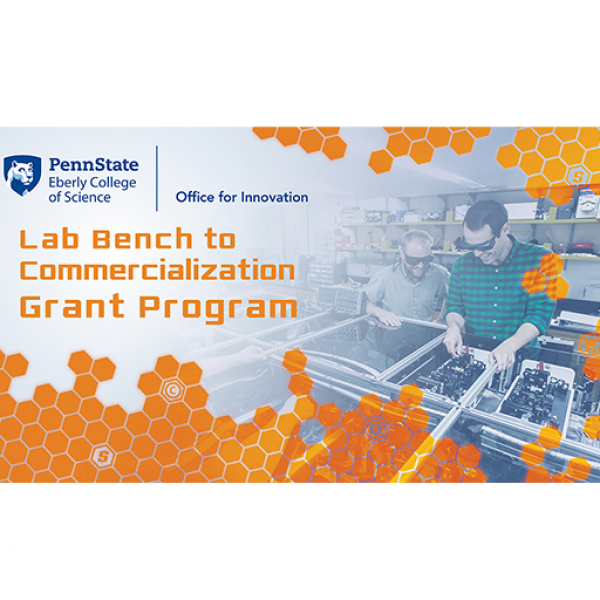
Jul 01, 2025
Lab Bench to Commercialization program broadens its scope
Eberly College of Science seed grant program to shift emphasis to earlier development of research, focusing on societal impact and career readiness.
Full Article
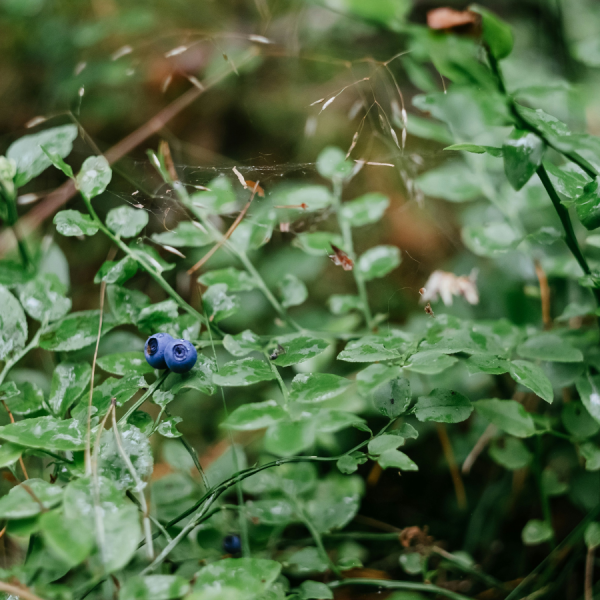
Jun 25, 2025
Warmer spots within fields have more blooms and more bees
Climate can vary across large areas of land, but it also can vary within much smaller areas such as farms. A new study by researchers at Penn State examined whether these microclimates — the climate of a very small or restricted area — affect pollination by both wild and managed bees and resulting wild blueberry yields.
Full Article

Jun 30, 2025
Huck announces 2025-26 Leadership Fellows
Three faculty members, representing three different Penn State colleges, have been named Huck Leadership Fellows for the 2025-26 academic year.
Full Article
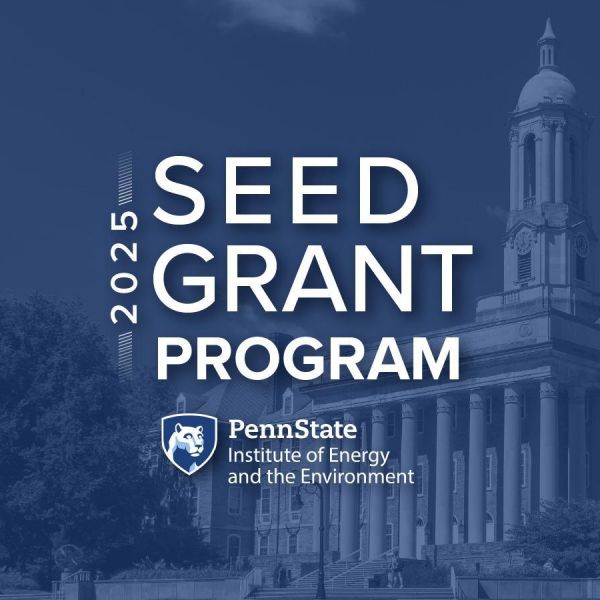
Jun 24, 2025
Ten interdisciplinary research teams awarded IEE seed grants
Ten interdisciplinary research teams have received funding through the Institute of Energy and the Environment’s (IEE) 2025 Seed Grant Program.
Full Article
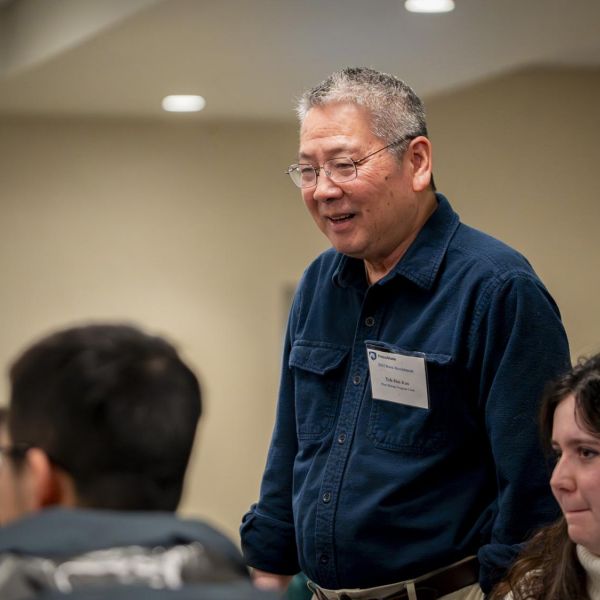
Jun 24, 2025
Kao steps down as plant biology graduate program chair
Teh-hui Kao, distinguished professor of biochemistry and molecular biology, has stepped down as chair of the Intercollege Graduate Degree Program (IGDP) in Plant Biology after 26 years in the role.
Full Article